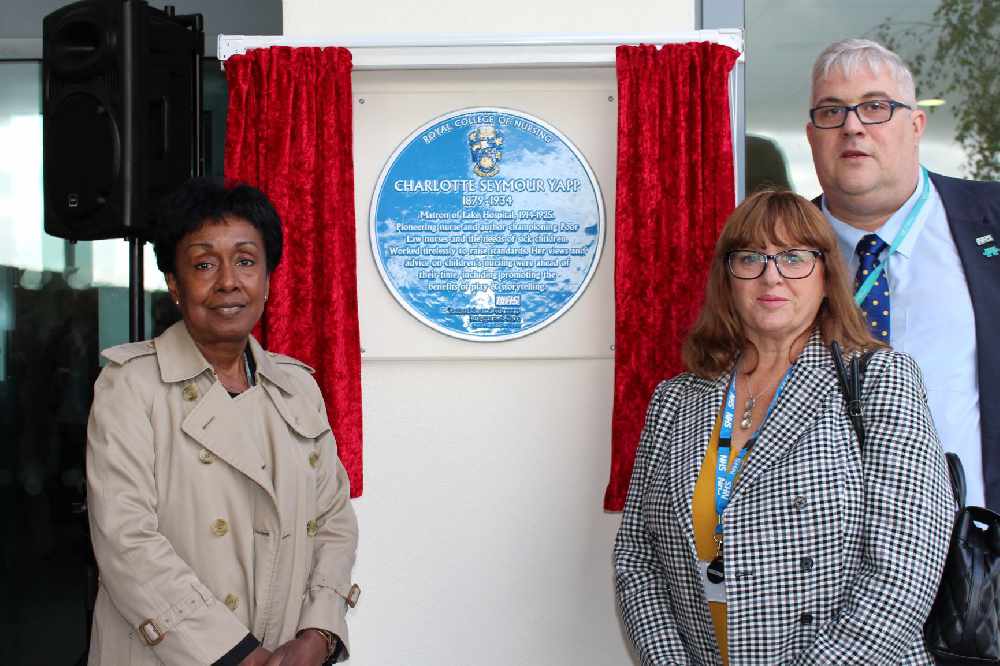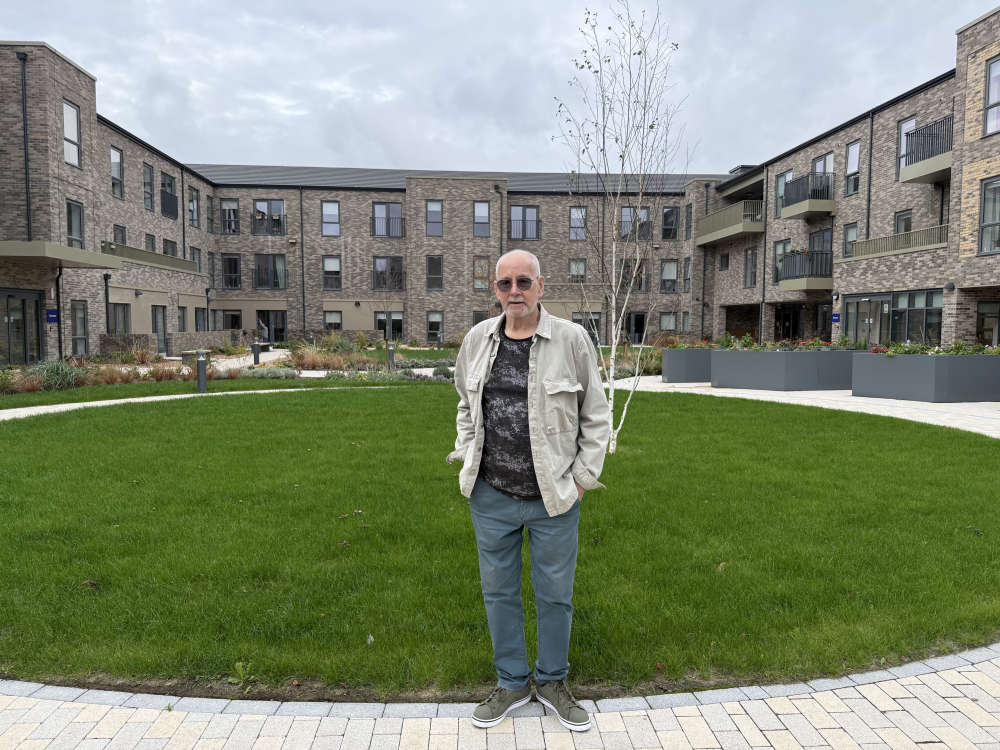
The National Health Service celebrates its 75th anniversary on Wednesday (5 July).
To celebrate the date, Karen James OBE, Chief Executive of Tameside and Glossop Integrated Care NHS Foundation Trust, shares her thoughts:
The 75th anniversary of the foundation of the NHS is a significant milestone, and a chance to celebrate, reflect on all that’s been achieved, and consider our aspirations for the future.
With the creation of the National Health Service in 1948, the old hospital joined with the buildings of the old workhouse (by then, thankfully, closed down) to form the new Ashton-under-Lyne General Hospital, now dedicated to fulfilling the NHS's ideals of providing healthcare to all, regardless of ability to pay. It has continued with this invaluable role ever since, and carries on today.
It’s often said that the NHS has become a national religion and, if that’s the case, there have certainly been times when our faith has been tested. However, the feeling of solidarity shared by all NHS staff, along with the knowledge we have the support of the public, has allowed the organisation to overcome the innumerable challenges it’s faced since its inception - not least the Covid pandemic, that will live long in all our memories.
We now have access to medicines, techniques and knowledge that would have seemed like science fiction in the 1940s, but the ethos at the heart of the organisation has remained the same across the years – an unshakable desire to improve the health of people, no matter who they are or where they come from.

Karen James OBE
Looking ahead to the future, last week saw the publication of the first ever NHS Long Term Workforce Plan – developed by the NHS, backed by investment from the government and created in collaboration with staff and other experts.The NHS is nothing without its workforce and this plan aims to deliver the biggest increase in training numbers in our 75-year history.
However, increasing recruitment is not enough on its own. So, the plan also sets out how the NHS will retain more staff and use technology to free them up to do what they do best: care for patients. We are playing our part in that ambition. We have recently welcomed a wonderful group of internationally-trained doctors to Tameside. They along with our own home grown medics are, I believe, the future of the NHS.
Today the Trust isn't just a traditional hospital - it's so much more. Whilst we still offer acute services within our hospital buildings when somebody is sick, requires treatment or care, we also offer a wide range of community services. And we don't stop there.
As well as treating people when they are sick, it's also our vision to help people understand how they can better take care of themselves, resulting in less need for hospital or health and care services. We work with voluntary organisations to help improve people's health in less traditional and clinical ways, something we call 'social prescribing'.
This and other 'preventative' interventions are the future of integrate, local health and care services, and in Tameside and Glossop you can be assured that we are genuinely leading the way.
Plaque unveiled in memory of nurse

(from left to right) Estephanie Dunn (Regional Director for the Royal College of Nursing in the North West), Jackie Bird (Chief Nurse North West NHS I/E) and Peter Weller (Director of Nursing and Integrated Governance at Tameside and Glossop Integrated Care NHS FT).
In October 2019, a commemorative blue plaque was unveiled at the hospital iin memory of a nurse who did so much for the area around a century ago.
Tameside and Glossop Integrated Care NHS Foundation Trust, together with the Royal College of Nursing, unveiled the plaque to celebrate Charlotte Seymour Yapp.
Charlotte was an active member of the Poor Law Nursing Association and worked at the Lake Hospital in Ashton from 1914 until she retired in 1925.
The Lake Hospital - which was on the site of the modern Tameside Hospital - had opened in 1905 and was a purpose-built 300 bedded hospital attached to the Ashton-under-Lyne workhouse.
It reflected a national trend as Poor Law institutions were increasingly significant providers of health care.
Miss Yapp was tireless in her efforts to promote Poor Law Nursing and raise standards, playing a significant role in the early days of the General Nursing Council (GNC) for England and Wales.
The history of the workhouse - life before the NHS
‘Over the stones, rattle his bones, he’s only a pauper, who, nobody owns’
An original source book ‘The State of Being Poor: A Look at Ashton Union Workhouse from 1837 -1869,’ was compiled by three local history professionals, Susan Essex, Jill Morris and Laura Smyth.
The book examines a number of primary sources including the Minutes of the Poor Law Guardians and the local newspapers of the period. Sadly, the actual workhouse minutes were destroyed many decades earlier.

The authors have split the book into topics ranging from The Poor Law and the Workhouse through to Life and Diet, the Board of Guardians, Children and Irish Immigration to name but a few. Within each chapter there is a brief introduction followed by extracts of original material arranged in chronological order.
From the baby abandoned with a note ‘Remember the New Poor Law’ to an aged pauper calling himself Lord Teacake, the poverty, despair and fear of unemployment by the poor of the period strongly comes to the fore.
In a quote from the introduction ‘All we can do is let the poor speak and listen to what they have to say’.
For more details, email thestateofbeingpoor@gmail.com

Old Ashton workhouse. Credit: Ashton local studies and archive centre.


 Funeral directors help Millbrook pupils’ secret garden bloom
Funeral directors help Millbrook pupils’ secret garden bloom
 Volunteers unite to help families facing food poverty in Tameside
Volunteers unite to help families facing food poverty in Tameside
 Over-55s housing scheme helps former taxi driver live well at home
Over-55s housing scheme helps former taxi driver live well at home
 Santa and Stagecoach spread festive cheer at Tameside hospital
Santa and Stagecoach spread festive cheer at Tameside hospital

